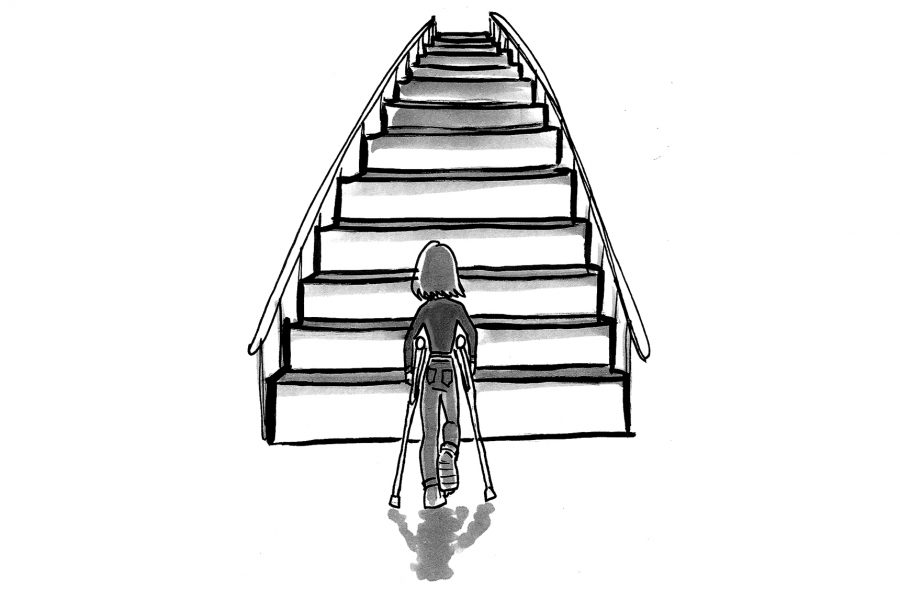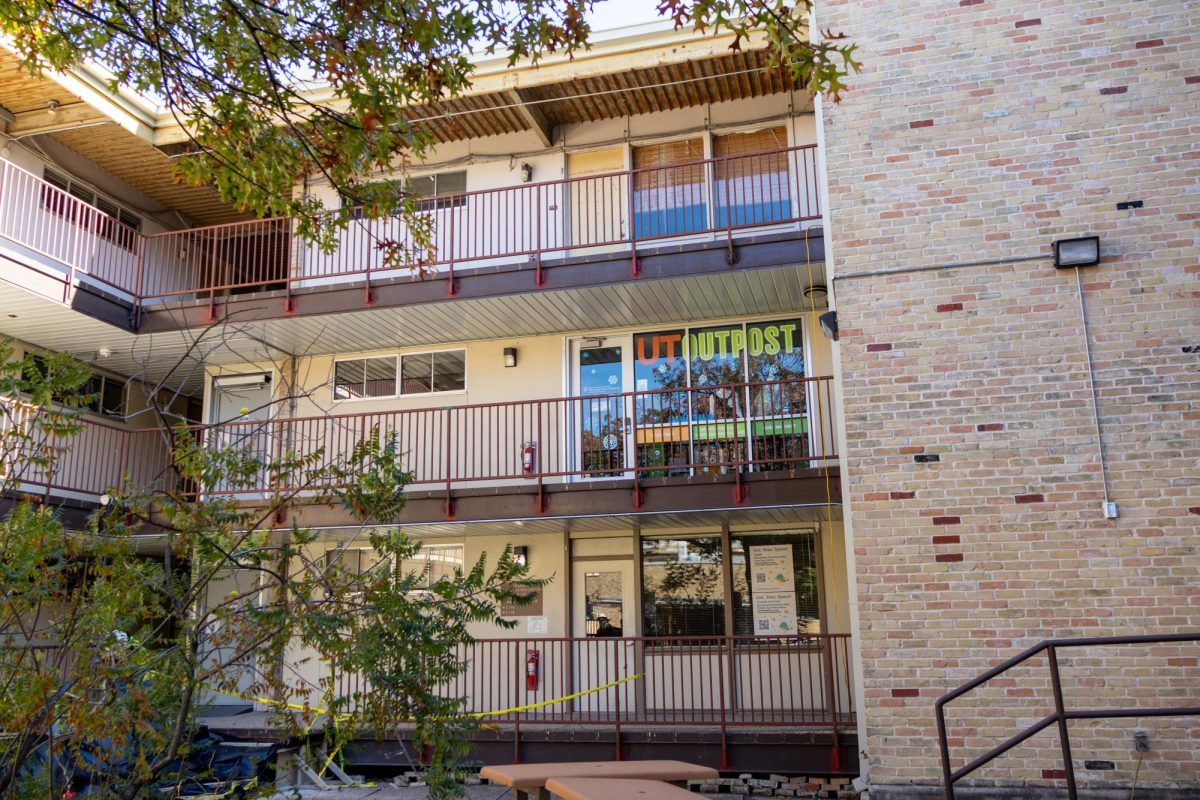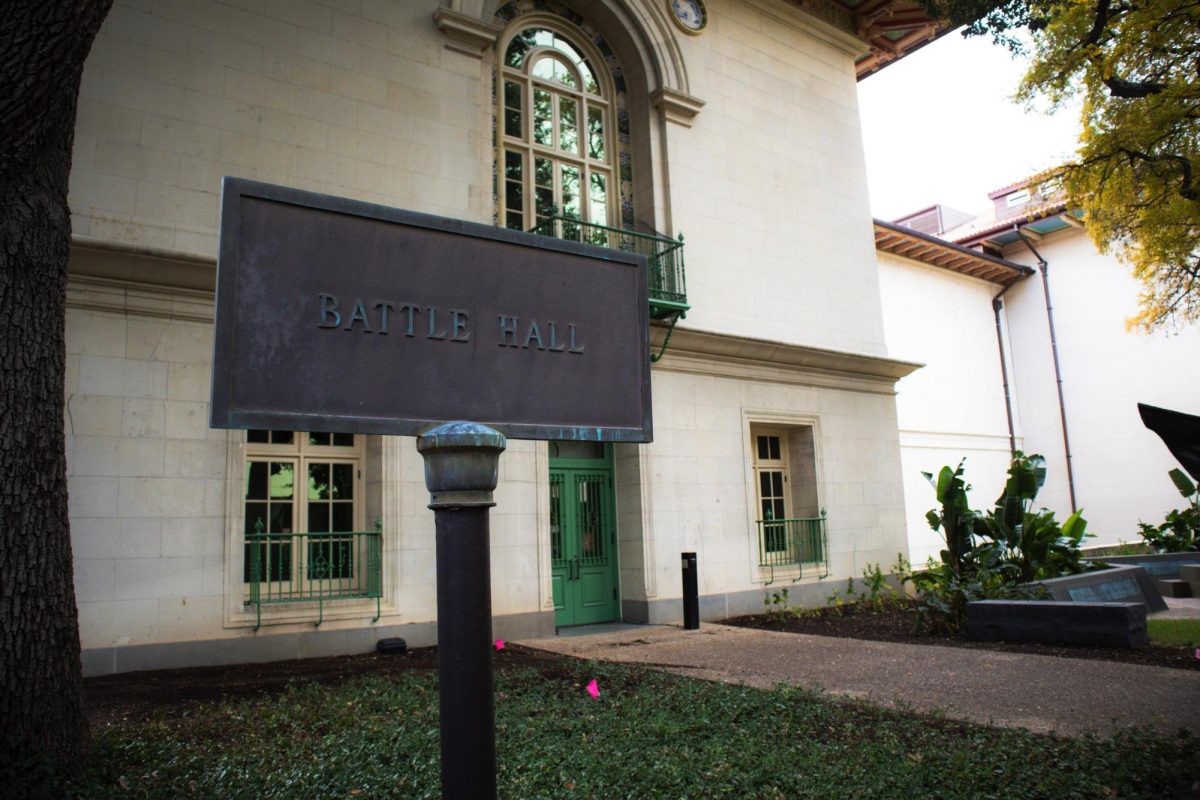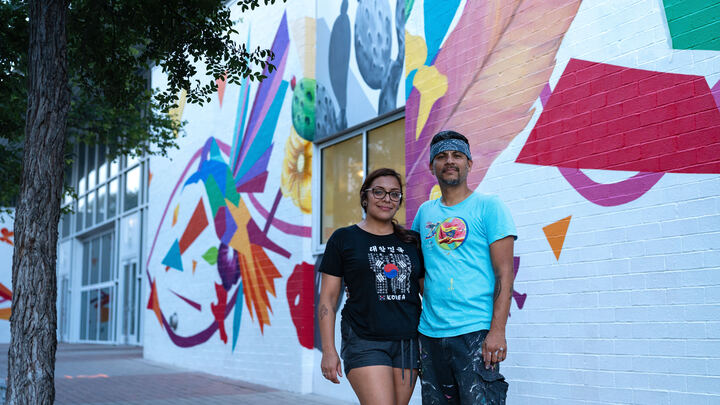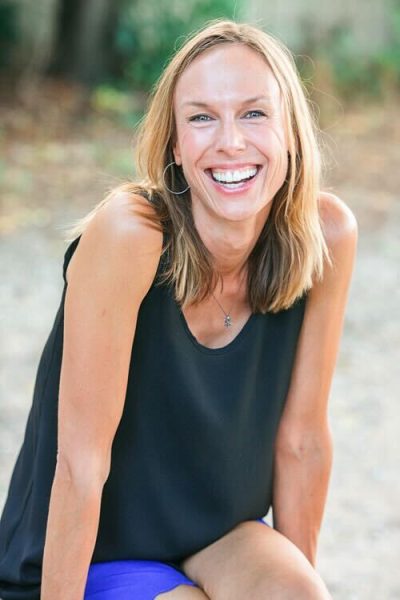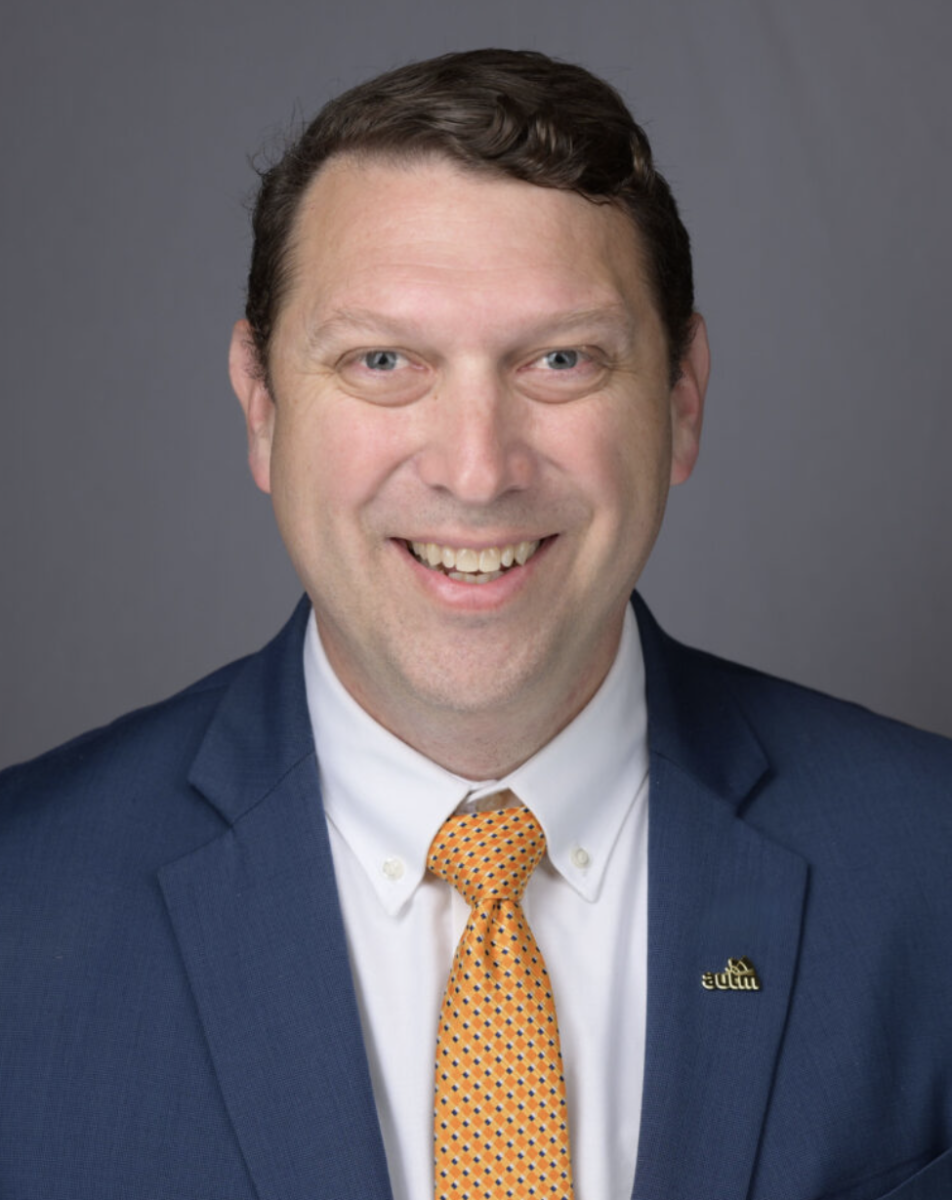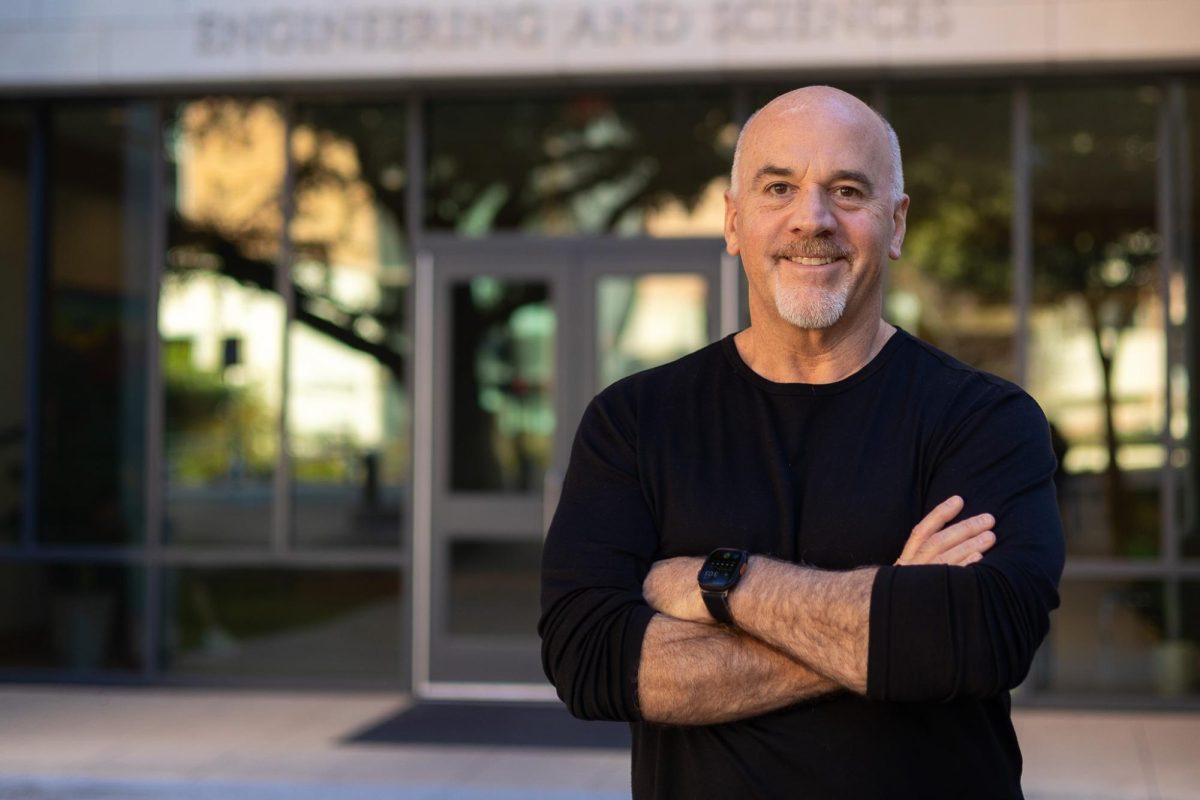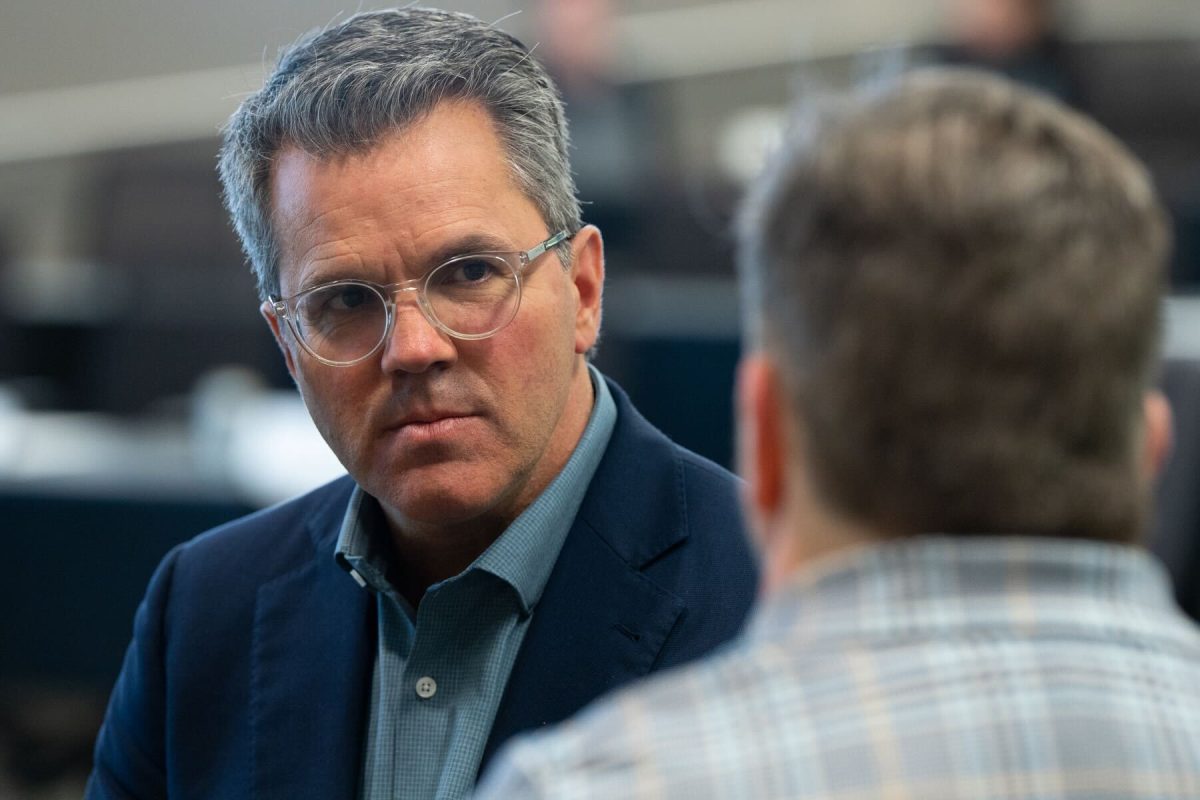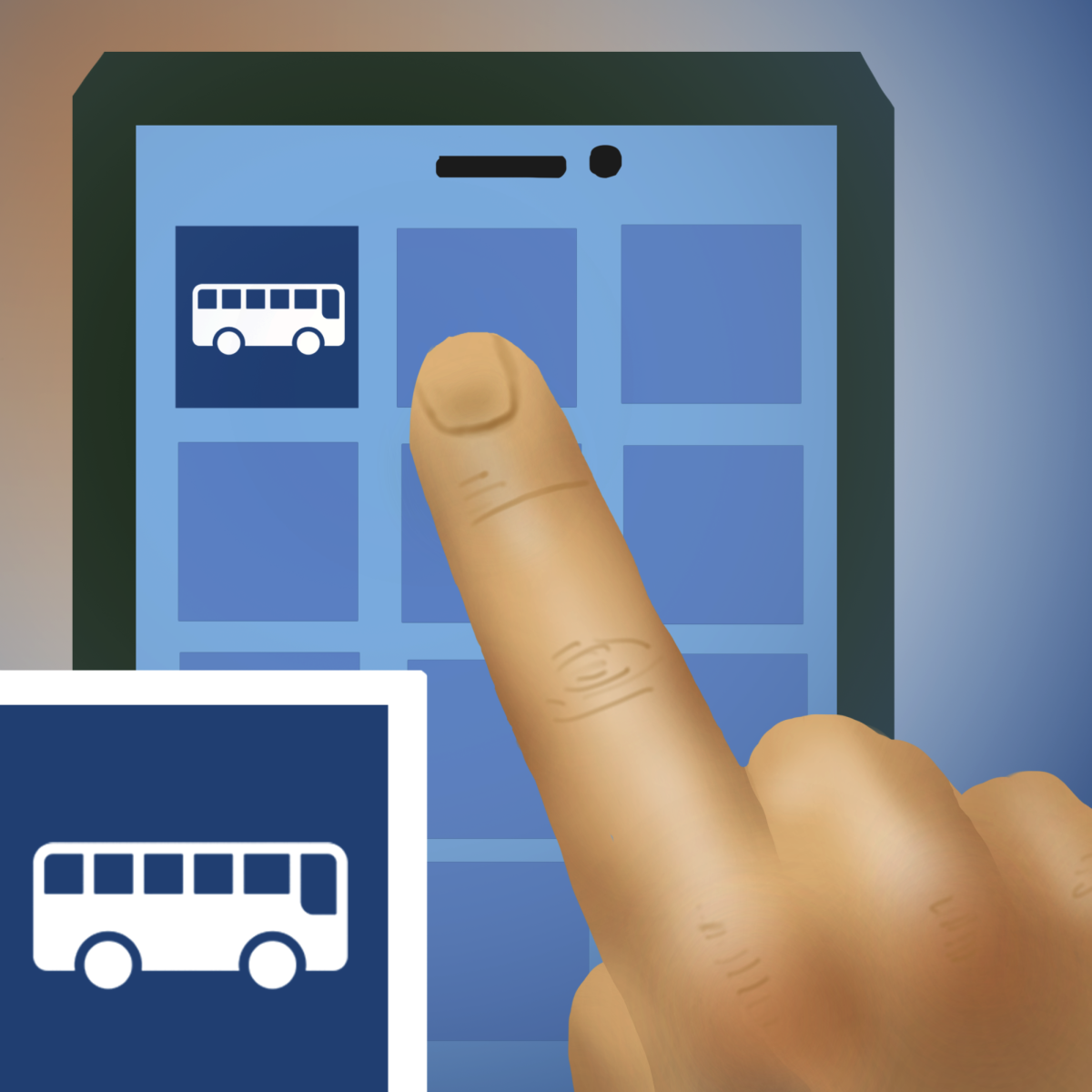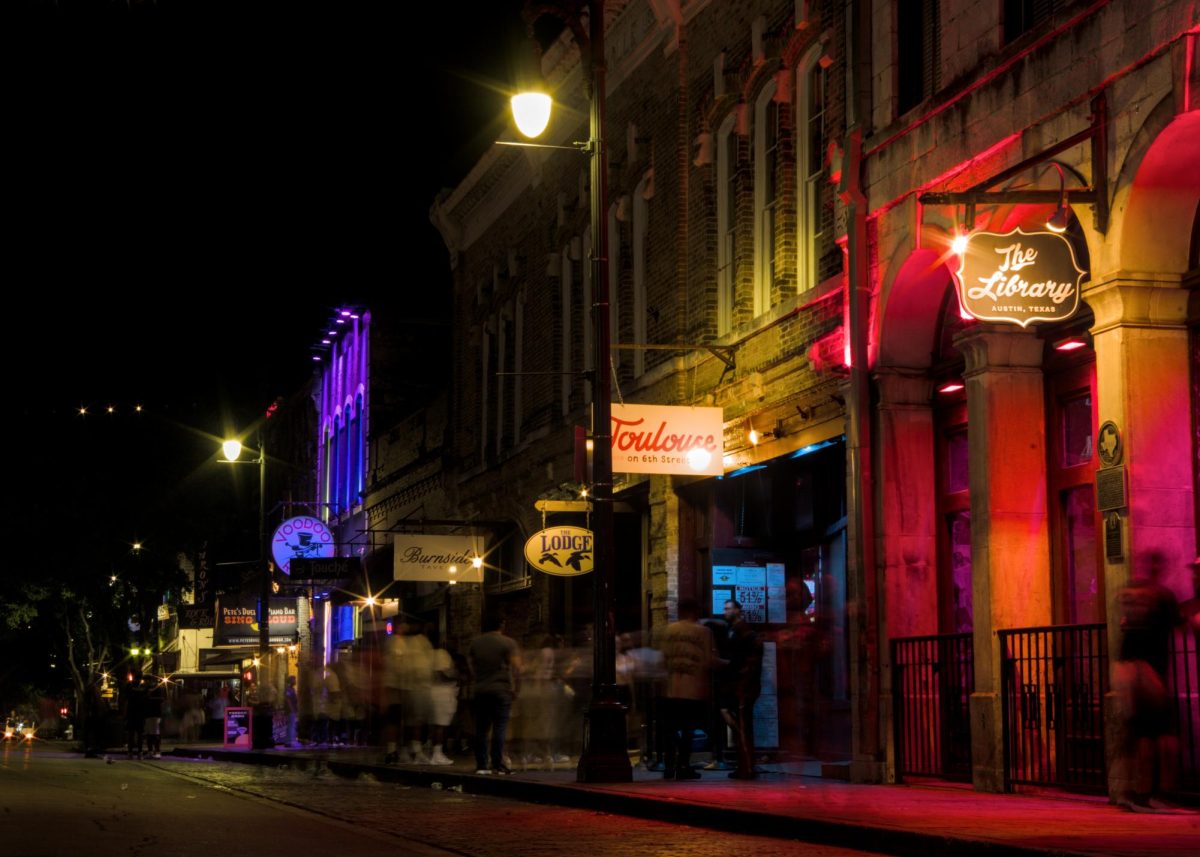The University is working to ensure students with disabilities are properly accommodated for and able to fully enjoy their college experience on the 40 Acres.
Increased efforts for diversity and inclusion, in addition to race, ethnicity and gender, also include disabilities. Services for Students with Disabilities, SSD, and federal laws serve to protect the rights of students with disabilities and provide them with the proper tools to make UT accessible.
In 1990, Congress passed the Americans with Disabilities Act, ADA, prohibiting discrimination based on disability. According to the SSD, there are currently around 2,700 students registered with the offices, with various disabilities including learning, psychological, health and mobility.
Jennifer Maedgen serves as the campus ADA coordinator and works to provide equal access for disabled students.
“We help students with disabilities through the SSD, and they work with students on an individual basis to determine what accommodations are appropriate,” Maedgen said. “Most of the accommodations are in respect to coursework and depend on the nature of the student, their disability and their academic work.”
Maedgen said UT currently does not offer a system for assisting students with mobility disabilities getting around campus.
“What we do provide for many students is priority registration for class so they can register on the first day, taking accessibility into account when making their schedule,” Maedgen said.
Most students at UT have invisible disabilities, or those that cannot be seen, Maedgen said.
“Ability is an important aspect of diversity,” Maedgen said. “Accessibility isn’t something at the forefront of people’s mind unless it affects them or they know somebody it affects. More awareness and recognition of people’s needs could help make the campus more inclusive for all people.”
Government sophomore Caroline Graves, who is in a wheelchair, is among the 2,700 Longhorns who are registered with the SSD. Through the office, she is able to get academic accommodations and accommodations for her on-campus living quarters.
However, Graves said overall the UT campus is not very accessible.
“When there’s construction, you might have to make another route around campus,” Graves said. “Some buildings don’t have push buttons (to open doors). Sometimes students leave their bikes on wheelchair ramps or ride their bikes down them, and ramps are some of the only ways I can get around certain areas.”
Graves said able-bodied people should realize the issues students with disabilities go through and work to understand them and educate others.
Alejandrina Guzman is another student registered with the SSD. Guzman, a government and Mexican-American studies fifth-year, made headlines when she became the first physically differently abled UT Student Government president last year.
“In the summer, Micky (last year’s SG vice president) and I had 10 minutes to get to a building … I got there first but ended up arriving late to the meetings because the entrance I went to wasn’t accessible” Guzman said. “That was when it really hit me that being differently abled affects all aspects of your life.”
Guzman said UT needs to dramatically improve mobility and accessibility.
“It’s atrocious how many additional barriers exist for disabled, differently abled students on the 40 Acres,” Guzman said.

